More California regional broadband consortia funded
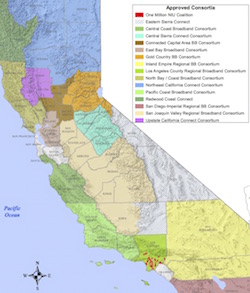
Click to see the previous boundaries.
Three regional broadband consortia were approved for funding by the California Public Utilities Commission this week. That brings the total to nine, with three more queued up for next month’s meeting. Here’s how it lines up…
- Gold Country Broadband Consortium, $300,000 over two years. Covers Sierra, Nevada, Placer, El Dorado and a part of Alpine counties, except for the Tahoe Basin area, which [has its own, separate consortium]().

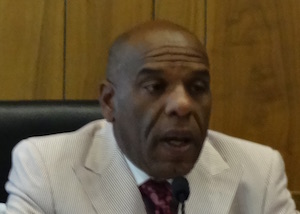
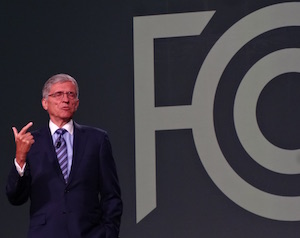
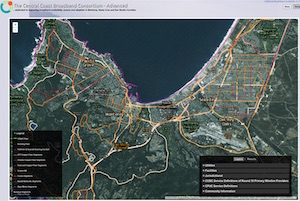
![By Marco Verch (Freiheitsstatue) [CC BY 2.0 (https://creativecommons.org/licenses/by/2.0)], via Wikimedia Commons](https://www.tellusventure.com/images/2016/11/statue_of_liberty.jpg)

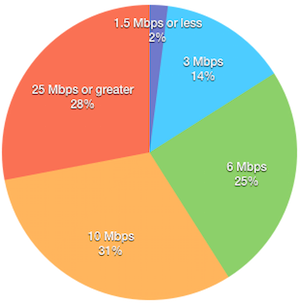

![By Dadr (Own work) [GFDL (https://www.gnu.org/copyleft/fdl.html) or CC BY-SA 3.0 (https://creativecommons.org/licenses/by-sa/3.0)], via Wikimedia Commons](https://www.tellusventure.com/images/2016/11/gibberish.png)